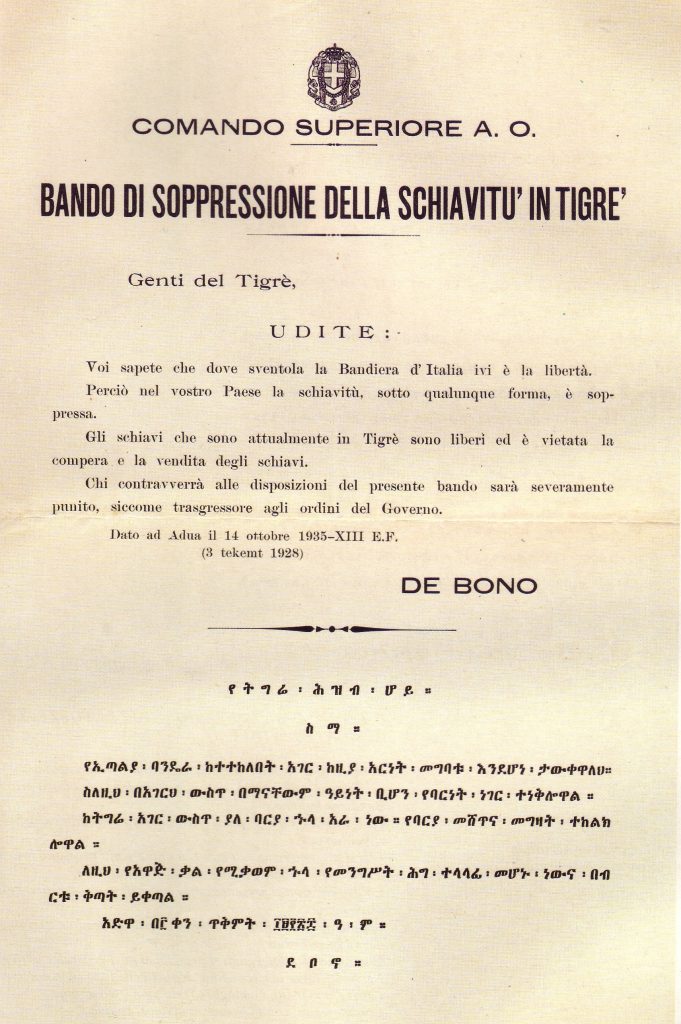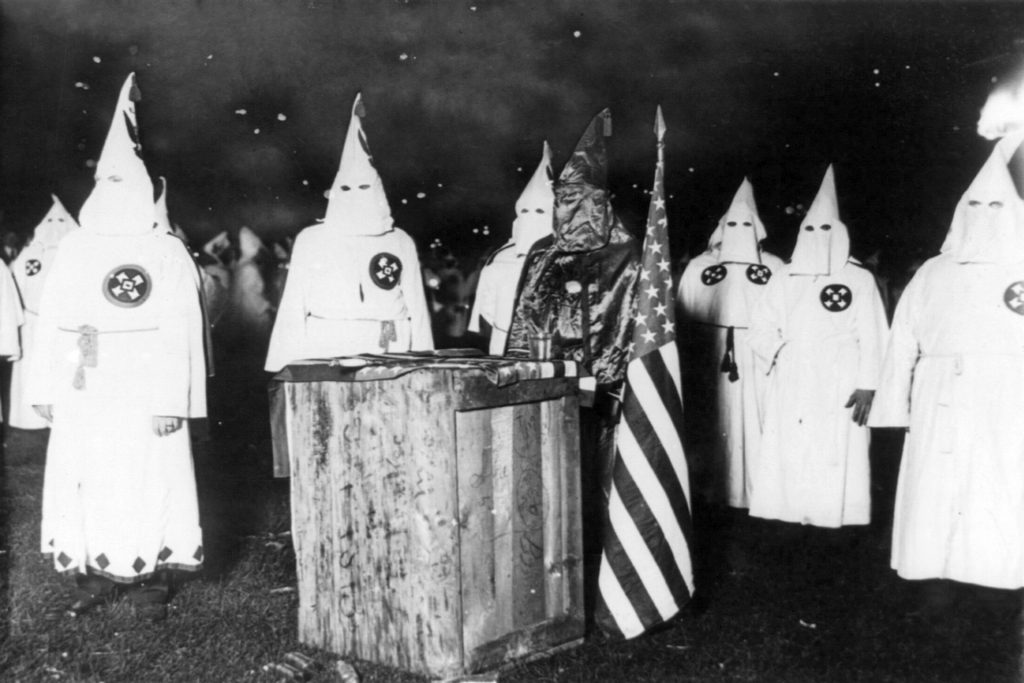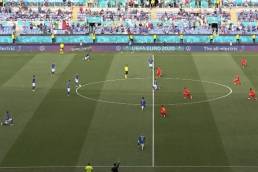A (conformist) society of shame ready for oblivion
Italians have learned to feel guilty and to apologize for a series of sins that, often, they have not committed either as a people or as individuals
In an essay that is crucial for the study of classical civilization, the Irish Greek scholar Eric Dodds, in the 1950s, identified two social models at the origin of Greek literature: the society of guilt and the society of shame.
In his vision, the society of shame, that of the Iliad, bases many behavioral aspects on the fear of losing social recognition, the respect of the community, not fulfilling one’s duties.
In the society of guilt, which is that of the Odyssey, instead, one fears to make reprehensible gestures, which will gather the blame of the community.
It goes without saying that, in a complex society like ours, these two archetypes tend to couple and merge.
From Habsburg Verantwortung to ostentatious irresponsibility

The reflection of the Odyssey and the Iliad on a “divided” Nationality
If, in the Homeric world, the symbolic moments of these two Weltanschauung are those of the dialogue between Hector and Andromache and the behavior of Nausicaa with Odysseus, in our world, now reduced to a simple pantomime and lacking, we are not saying heroes, but even people with a normal backbone, I believe we can take as a paradigmatic example that of the players of the National Team, who knelt down before the match against Wales.
Not all of them, mind you: it was not a collective decision, but an individual choice. Which makes everything even more farcical: even more Italian, in a way.
I’ll pass over those political charlatans who immediately commented that the reluctance of those who did not kneel is a bad thing: it’s not even worth talking about.
I would dwell, instead, on the mechanisms that led those gentlemen in their blue pants and jerseys to bend their precious knees.
When the real problem is not the “how much” but the “why”

Shame and guilt in the collective psychology of the Azzurri
Shame. Certainly, one of the psychological components that induced the genuflection is shame: I have to make this gesture, because people expect it of me, that I am a symbol of Italy. Which is true: all Italians without testosterone expected it. Because in a world of crazy people, behaving like a normal person is a bit of a joke.
Guilt. Just as certainly, the billionaires in shorts have perceived standing up as guilty and worthy of common reprobation: and they knelt down. So far, everything would seem clear. Except for the first reason for all this guilt, for all this shame.
What if Soccer is the most reliable social marker?

A collective kneeling without any real why
What was this collective kneeling supposed to represent? An apology for a colonialism that, on the Italian side, was infinitely less eyecatching and rapacious than that of others?
For a slavery that never existed, for a slavery that even the fascist regime hastened to abolish in Ethiopia? For imaginary cruelties, media-pumped racisms, dreamlike segregations?
We are not Great Britain, with its precious “Asiento” claimed in treaties. Nor are we the United States, the KKK, two-sector buses, schools for whites and for blacks.
Don’t ask us for words: in Italy we no longer have any…

Other people’s repertoire of violence, racism and vandalism? No, thank you
What, then, should we have apologized for by kneeling? Or does that genuflection signify adherence to BLM ideology?
The ideology of a bunch of iconoclastic and racist terrorists, unleashed by the violence of the American police and very violent in turn, which takes the form of looting, destruction of statues, assorted vandalism and all the American repertoire to which we have always been accustomed. None of this.
If he were alive, Eric Dodds would have to add a new concept to those of guilt and shame: ours is the society of conformism, of alignment, of bleating sheep.
A society that has Fedez instead of Hector and Laura Boldrini instead of Nausicaa. And that is sadly destined for extinction.
A century and a half of incorrigible “southern question”







